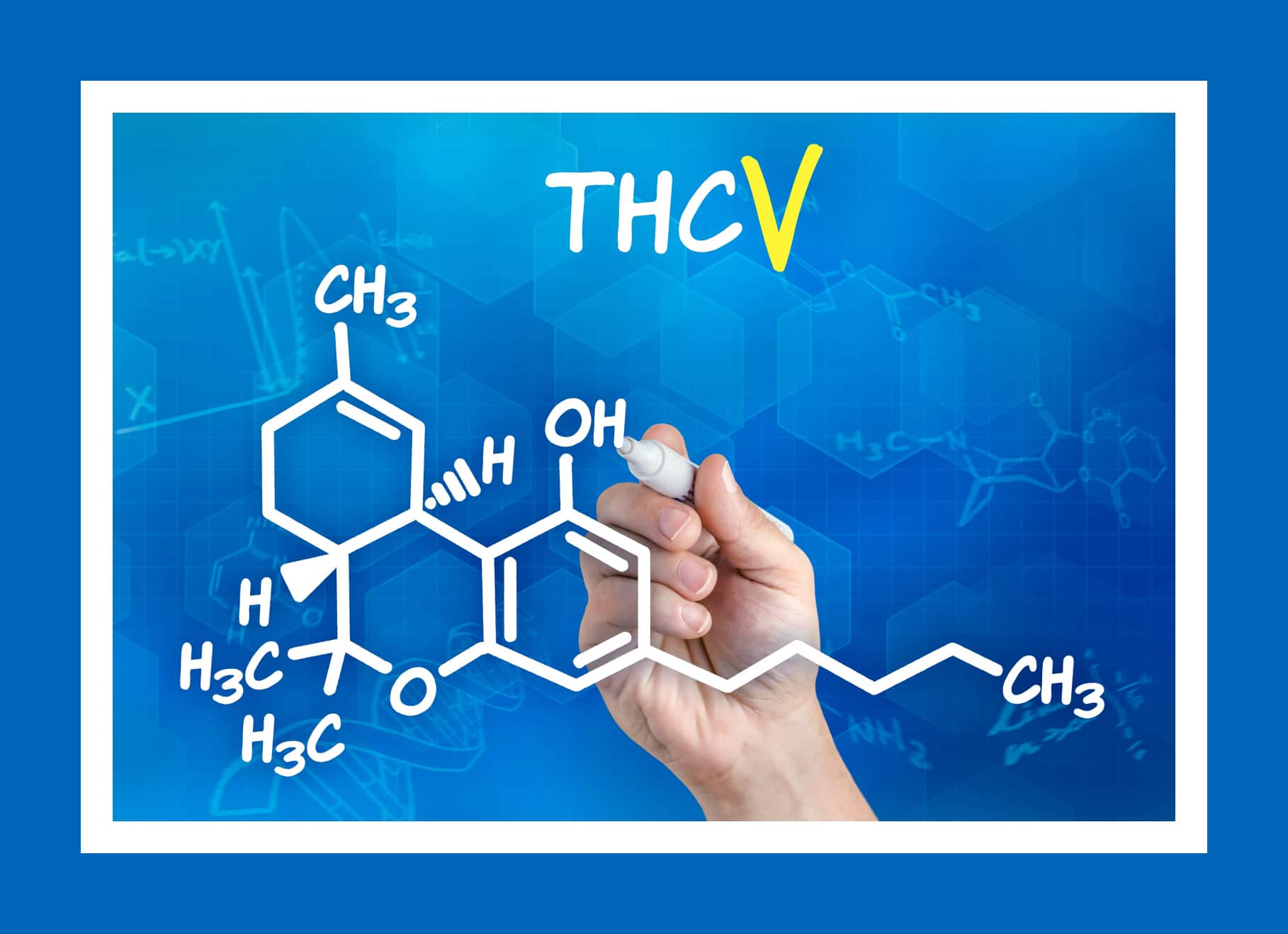Tetrahydrocannabivarin (THCV) is a cannabinoid compound discovered in marijuana and hemp plants. It's chemically similar to tetrahydrocannabinol (THC) but with some crucial differences. Here's whatever you require to learn about THCV consisting of the risks, benefits, differences, and resemblances with other forms of THC and more. What Is THCV? THCV is a less typical cannabinoid discovered in some strains of cannabis, specifically African sativa.
 THCV Strains: 11 Interesting Health Benefits You Should Know
THCV Strains: 11 Interesting Health Benefits You Should Know
![]() THCV - Cresco Labs
THCV - Cresco Labs
 What is THCv? THCv Effects Verilife
What is THCv? THCv Effects Verilife
THCV has a 3-carbon side chain rather than THC's 5-carbon side chain. This difference is subtle, but it has a visible effect on the effect profile. THCV is somewhat psychedelic but just about and about. What Does THCV Feel Like? THCV has a strong energy-boosting part to it, that makes it especially popular among trainees and professional athletes.
In the United States, THCV policy is nuanced. THCV is not an Arrange I Drug, however cannabis extracts Browse this site are making it rather unclear what the federal position is on THCV. The 2018 Farm Costs states that hemp plants and all derivatives of the plants are legal on a federal level, a lot of companies comply with this law and still offer THCV to consumers by just extracting the compound from hemp plants.
If THCV is thought about a THC connerjmdz993.weebly.com/blog/what-is-thcv-tetrahydrocannabivarin-cnbs analog, it might be managed in the future by the very same rules as THC under the Federal Analog Act. This act mentions that any substance that shares a similar molecular profile as a known forbidden compound it's included in the exact same drug Arrange classification.
What Are the Effects of THCV? Advocates of THCV report that it produces an intense burst of energy and makes them feel euphoric without the mental cloudiness triggered by THC. The impacts are incredibly moderate compared to THC. The effects are nearly specifically cognitive yet in some way have extremely little influence on headspace.
2. THCV & Hunger Some THCV users declare that it curbs their appetite. This is a typical impact of other focus-enhancing compounds. It's as though THCV removes the diversion of other physical procedures (like cravings) in order to preserve resources and attention to cognitive jobs instead. How Does THCV Work? Cannabinoids produce biological impacts in the human body by communicating with endocannabinoid receptors.
CB1 receptors are located in the nervous system and connect with neurotransmitters in the brain to produce mind-altering effects. Interaction with CB1 websites is what gives some cannabinoids like THC their psychoactivity. THCV is a bit challenging to understand due to the fact that it's primarily a CB1 villain, indicating it has the opposite effect as THC.
While researchers are still looking for to comprehend this process, it appears THCV has the ability to obstruct the results of CB1 in low dosages and stimulate them in high dosages. CB2 receptors are found mostly in the immune system. THCV is a partial agonist of CB2, however the results of this partial activity aren't widely known, and it relatively has no noticeable effect on THCV users' experience.
As pointed out in the previous area, THCV is a CB1 villain in low dosages which is the exact opposite effect of delta 8 and delta 9 THC. This could mean that THCV combats a few of the psychoactive impacts of THC. This impact might explain why people who utilize THCV feel so clear-headed specifically compared to the well-known "fogginess" induced by delta how to get thcv weed 9 THC.